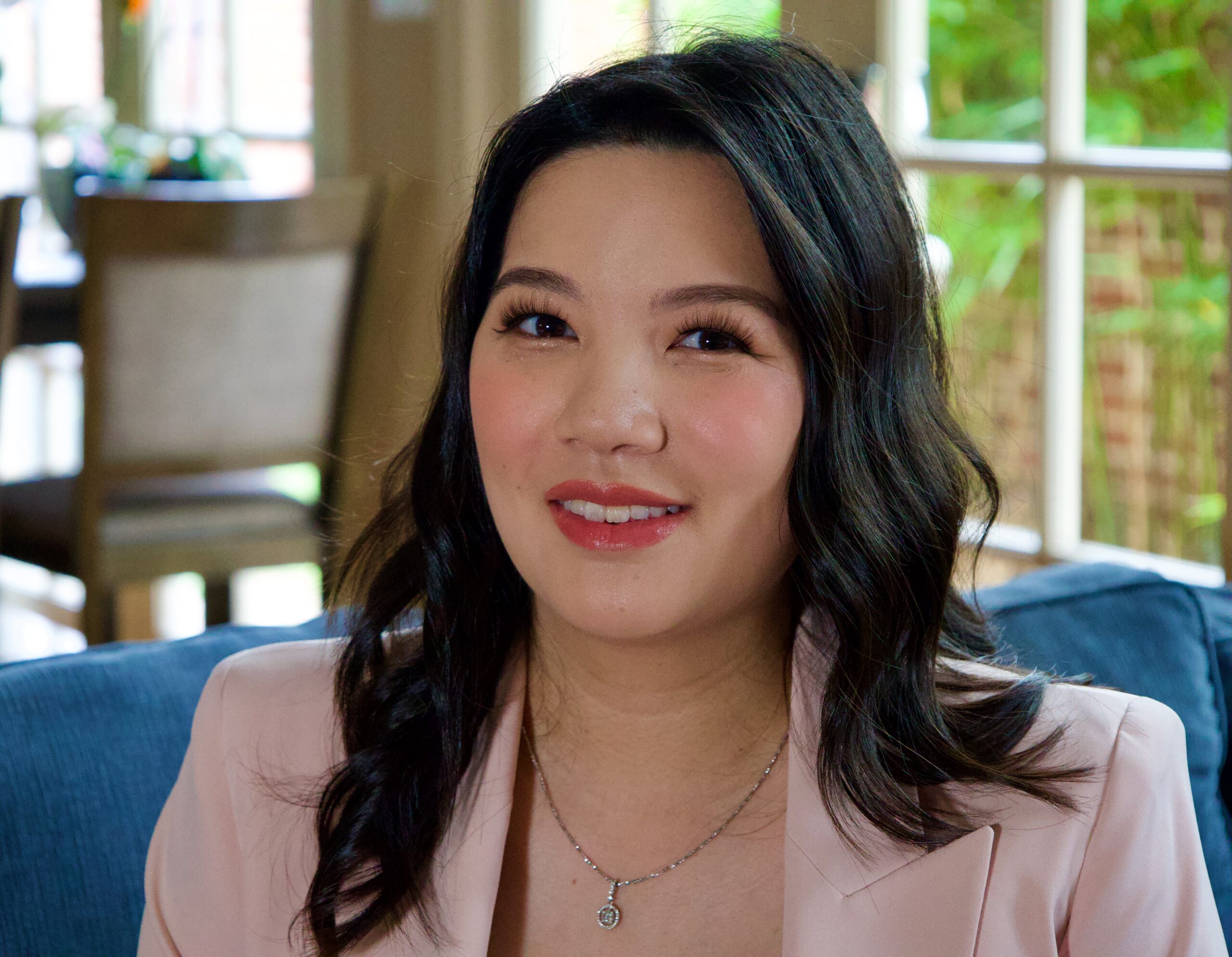For Premium Subscribers
Sumitomo’s Cindy Dinh shares what outside counsel need to know about her and her thoughts on DEI and public service:
Texas Lawbook: What are the biggest or most initiatives you are handling now?
Cindy Dinh: In my role counseling the Tubular Products Group — our largest revenue-generating division — I provide full-service in-house counsel for our subsidiaries and have to learn how to prioritize and manage the workflow of reviewing contracts like master service agreements on third-party paper, manage potential disputes and litigation, and explain risks to various stakeholders in the company. Often, this does not mean negotiating tooth and nail on every legal point in a master service agreement but identifying and explaining the biggest risks for the commercial team to consider in their negotiations. Having litigated commercial disputes in the energy industry, I am now at the forefront of negotiations to stave off litigation and bankruptcy in the long run.

Lawbook: What does outside counsel need to know about you?
Dinh: I am a millennial and a new mom. When it comes to business development, I am more likely to attend a family-friendly event at the zoo rather than a round of golf or drinks after work. Co-presenting on panels and meeting attorneys at CLEs has also helped me grow my network of trusted outside counsel contacts.
Lawbook: With recent court decisions and legislation in Texas, DEI efforts have come under fire or seemingly been restricted. What can corporate legal departments such as Sumitomo and the law firms that work for you do to keep the momentum going toward better diversity and inclusion in the legal profession?
Dinh: One way of keeping the DEI train going is to recognize our biases. At Berkeley Law, I took an implicit bias seminar taught by Professor Victoria Plaut, and studies have shown that employers tend to hire people who remind them of themselves — surely, if they succeeded, so can others who took similar paths. This makes it difficult for someone with a different background to be considered for a position. Are we considering top students outside of the undergraduate and law schools we typically recruit from? Are we valuing or discounting a candidate’s nontraditional work experience? Employers have an opportunity to emphasize their values and signal to current and prospective employees and stakeholders that having diverse, equitable and inclusive environments leads to better business outcomes and a better-performing workforce.
Lawbook: What do you want your legacy to be?
Dinh: I want to inspire the next generation of leaders by 1.) increasing civic engagement, especially among immigrant communities and 2.) inviting school-aged children to learn about our justice system.
My first job out of college was working on election outreach at the Harris County Clerk’s Office alongside Teneshia Hudspeth (now current county clerk). Voting is such an honor and privilege, especially for my parents, who escaped communism to live in a democracy. To this day, I still keep voter registration cards in my car in case I meet someone who recently moved and has not updated their voter registration. And I encourage those who are bilingual to become election poll workers, which you can do in Texas as early as age 16.
Second, since joining the Houston Bar Association as a new lawyer, I have volunteered for its annual Law Day to visit elementary schools to read a book about inspiring legal eagles and visit high schools on Constitution Day to discuss a Supreme Court case and explain what lawyers do. For our younger audiences, I tell them a story about SpongeBob SquarePants and the trademark infringement case that came before the court when I was clerking for U.S. District Court Judge Gray Miller. Viacom, which owned Nickelodeon, sued a Houstonian who wanted to open up a restaurant called the “Krusty Krab,” which bore the same name and spelling as the restaurant featured in the TV series. Because Viacom had first used the name in commerce, Viacom won on summary judgment and the Fifth Circuit upheld the decision. This case exemplified a civil court case that third graders can understand and hopefully inspire them to think about the other areas of law outside of what they typically see on TV.
Click here to read Cindy Dinh’s full profile.
